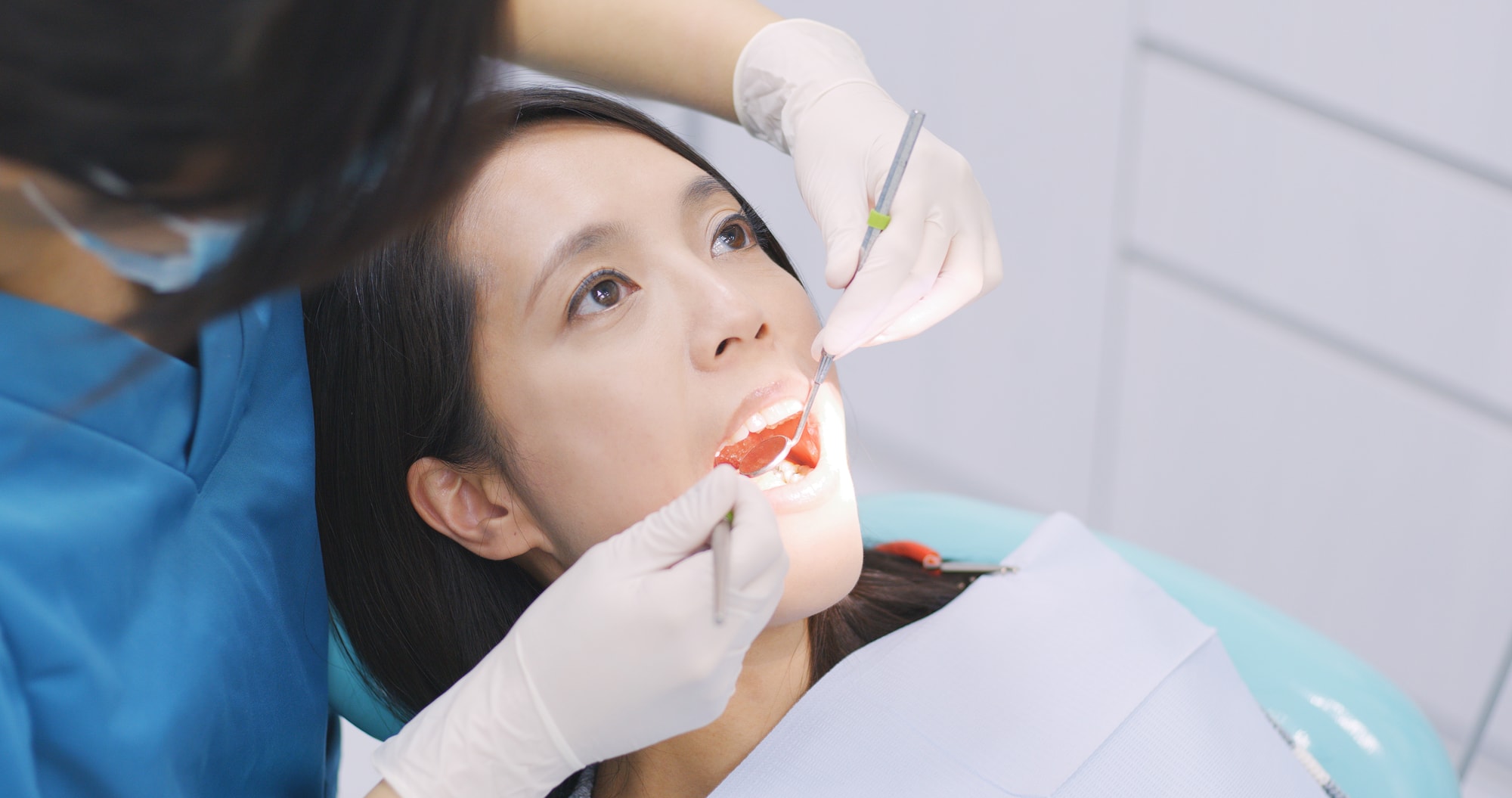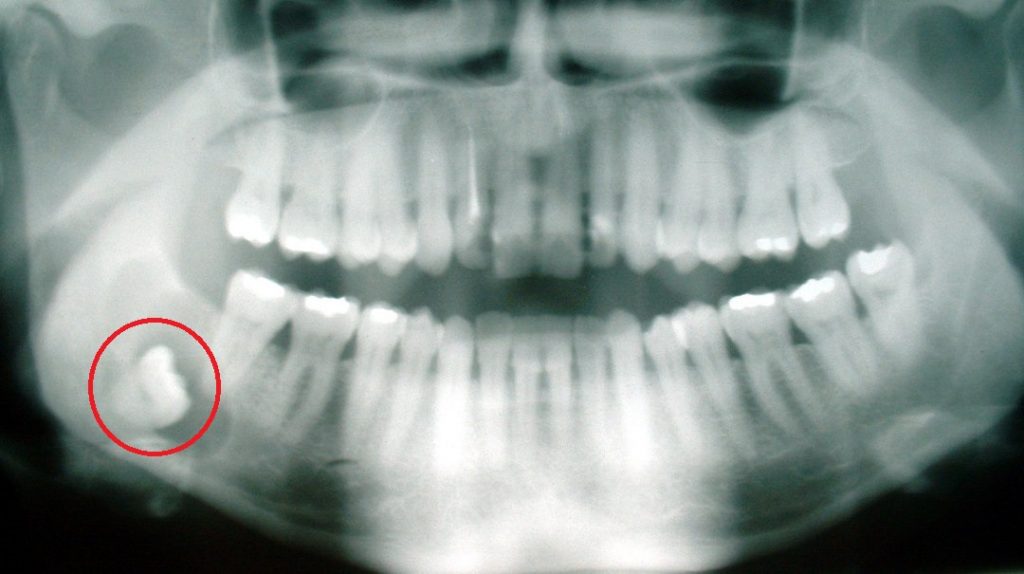
Have you ever heard the term “third molars”? This is what wisdom teeth are sometimes referred to. One of the important facts about wisdom teeth is that they are located right at the back of the gums and usually complete the secondary or “permanent” set of teeth in adults.
When wisdom teeth don’t grow out properly, it can cause problems. This is a common scenario that happens when the teeth become impacted (the space on the gum is too little and the teeth cannot grow out).
Since this forms part of human anatomy, here are 5 interesting and wise facts about wisdom teeth:
1. You Don’t Always Need it
Much like the appendix, sinuses, and coccyx (tailbone), the wisdom teeth are part of the human body but they have lost some or all of their “ancestral” function.
They are vestigial organs and this merely means that with time and evolution, their purpose is no longer required. Even though the organs have little to no function, they continue to develop.
2. Most Extract Their Wisdom Teeth Due to Difficulties in Maintaining Oral Hygiene

Source: Wikimedia Commons
There’s no reason to extract wisdom teeth that aren’t causing the patient any problems. People often extracted their wisdom teeth as soon as they become impacted and don’t grow through the gum.
One of the reasons for doing so is because impacted wisdom teeth can make oral hygiene a little harder. They are also very far on the gum and can’t always be reached with a toothbrush.
That being said, not being able to clean wisdom teeth properly can lead to plaque build-up and later cavities. They are also very far on the gum and can’t always be reached with a toothbrush. That being said, not being able to clean wisdom teeth properly can lead to plaque build-up and later cavities. But you don’t always have to do this.
If your wisdom teeth aren’t giving you any medical problems, then there’s no need to extract it. If you are unsure about the condition of your wisdom teeth, you may seek help from your dentist who will advise you on the best course of action.
3. Most People Have at Least 1 Impacted Wisdom Tooth
One of the important facts about wisdom teeth is that while some people can have perfectly, full-grown wisdom teeth, there are at least 1 in 9 people that have an impacted wisdom tooth. Since we are evolving all the time, our jaws may not be as large as they were compared to primitive ancestors.
Larger jaws accommodated larger skulls of “primitive” humans. With that said, again, wisdom teeth played a more important role then, than they do now. Many years ago, primitive humans were hunter-gatherers and mostly ate raw foods. This is another reason why wisdom teeth were always larger. Since they form part of the molars, the full set of molars were important to help chew coarse, raw foods.
4. Dental Health and Your Diet Could Affect the Way Wisdom Teeth Erupt

Cavemen didn’t have bad teeth.
Science and research prove that what we eat affects the “structure” of our teeth. A diet rich in “softer foods” doesn’t give the upper jaw the “bite” it needs to have more room for teeth. Prehistoric humans or cavemen and hunter-gatherers ate harder, unprocessed food. But since foods are softer in this modern age, less chewing is needed and as a result, evolution reduced the size of our jaws. This leads to more crooked teeth as well as more impacted wisdom teeth.
5. There are Plans to Use Wisdom Teeth in Stem Cell Research
Research evidence found that the dental pulp in the teeth has various stem cells. One of these many stem cells includes Osteoblasts which is responsible for aiding bone development. The dental stem cells may help with the future treatment of neurological degenerative diseases such as Alzheimer’s.
Stem cells are “undifferentiated” which means, they are flexible and able to adapt to various circumstances.
Stem cells can replicate tissue and thus repair damaged tissue in the body. It can also “rejuvenate” or renew itself. This is also why they are valuable in finding treatment for diseases.
Conclusion
We hope that these facts about wisdom teeth have been informative for you.
Are you having problems with your wisdom teeth? Fret not! Here at T32 Dental, our dentists provide the most comprehensive treatments to help you understand your condition better and advice on whether you should have your wisdom tooth extracted. Do feel free to schedule an appointment today if you would like to seek wisdom teeth treatment with us.
